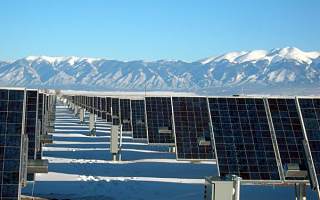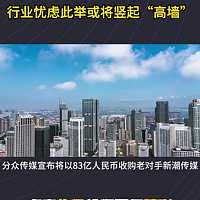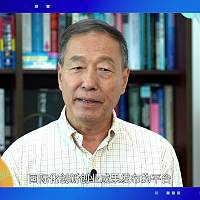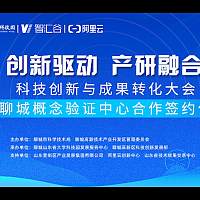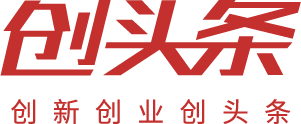What Happened to TSMC?
Taiwan Semiconductor Manufacturing Company (TSMC), a Taiwan-based semiconductor contract manufacturing and design company has recently become the center of attention as global trade conflicts, especially the conflict between China and the U.S., intensify.
TSMC is reportedly pressured by the Biden administration to suspend its US$2.89 billion plant expansion project in Nanjing. The company made the investment on April 23rd and hopes to bring its 28nm process production line to Nanjing.
TSMC's executive chairman Mark Liu denied the rumor at the company's 2021 interim financial report meeting held on July 15th.
The Nanjing plant's production capacity had reached 25,000 16nm-process chips per month in Q3 2020, said Liu. The new 28nm production line is expected to start mass production in the second half of 2022 and reach a monthly production capacity of 40,000 chips by 2023.
To show a friendly gesture to the Biden administration, Liu announced at the meeting that TSMC has invested US$12 billion in a 5nm chip plant in Arizona and that the construction has started. The staff from the U.S. had already received 5nm process technical training in Taiwan this April. Equipment for the new plant will be installed in the second half of 2022. According to TSMC, the plant in Arizona will start mass production in 2024 with a monthly capacity of 20,000 wafers for each 5nm phase.
TSMC's 5nm process technology will be the most advanced commercial mass production technology in the U.S., Liu said.
However, Liu's speech at the meeting could not win back investors' confidence. TSMC's valuation closed at US$604.9 billion on July 30th, showing a significant drop from its peak valuation US$726 billion in February.
TSMC is the biggest semiconductor contract manufacturing company in the world. TSMC, Samsung, and Intel are the only three companies across the globe that are able to produce the most high-end chips and manufacture chips at a fast speed. Only TSMC and Samsung are able to produce chips with 7nm and 5nm process technology. TSMC holds monopoly power within the global semiconductor industrial chain thanks to its heavy investment in R&D.
TSMC is now walking on a fine line between China and the U.S., as it tries to expand its 28nm line in Nanjing while building a 5nm plant in Arizona, Chen Xin, an industry expert familiar with the semiconductor industry in Taiwan, told TMTPost.
Caught between the intense trade war between China and the U.S., TSMC not only saw its valuation shrink by billions of dollars in one year but is also forced to invest US$200 billion in building a plant in the U.S.
What exactly happened to the company?
A shaky supply chain
TSMC is adjusting its global operation and building a new plant in the U.S. in response to a global chip supply shortage crisis.
The U.S. has been working to restructure its industrial structure in recent years, which has led to more pressure on TSMC, forcing the company to set up a plant and bring its technologies to the U.S. TSMC had been hesitant to set up a plant in the U.S. because the company needs to balance between being approximate to its clients and to the industrial chain, as well as avoiding risks while cutting costs. Setting up a plant in the U.S. might help TSMC dilute the political risks it faces, but its interest will also be further connected to the U.S., which might be counterproductive in other scenarios.
The operation time that TSMC has set for its U.S. plant is very tricky. The plant is scheduled to complete construction in 2024, by then Biden’s term will come to an end. Moreover, 5nm process technology will no longer be the most advanced technology by that time as 2nm process will achieve mass production. It is apparent that TSMC is not intending to bet its most advanced technology in the U.S.
Meanwhile, TSMC is facing water and electricity shortages back home while a labor shortage crisis is looming in Taiwan as well.
Starting from last year, Taiwan has been suffering from a water shortage due to a lack of rainfall. It is reported that Taiwan is facing the most serious drought in the past 56 years. Many of the reservoirs’ water storage in Taiwan have gone under 20%, with some of the reservoirs’ water levels going under 10%. Since the production of chips consumes massive water, Taiwan had to suspend the supply of water for irrigating over 74,000 hectares of farmland to maintain the operation of chip plants.
In addition, Taiwan had to cut out the power supply on May 13th and 17th in different districts, which made it even more difficult for chip makers on the island to maintain production. Moreover, Taiwan is making more renewable energy commitments, stating that the island will get rid of nuclear power before 2025. This has made chip plants worry that there might be a shortage of power supply in the future. The situation got even worse as COVID-19 resurges in Taiwan. TSMC had required employees who live in areas of mid and high risk to work from home on May 19th to make sure the operation of the company.
A lack of talent and investment
There are 20,000 job vacancies left to be filled every month in the semiconductor industry every month in Taiwan, the 2020 Semiconductor Industry & Talent Report released by the Semiconductor Equipment and Materials International shows.
The fact that entrepreneurs in Taiwan built their companies based on imported technologies and learning from advanced countries like the U.S. and Japan means that their companies will not be able to develop independently, Wang Yong, associate professor, and vice president at the Taiwan Research Institute of Xiamen University said. According to Wang, companies in Taiwan only reinvented the products’ industrial design but the core technologies they use are still imported.
Professor Wang believes that this has put companies in Taiwan at the lower bottom of the global industrial chain.
However, it is no easy task for companies in Taiwan to make the transition. Companies in Taiwan face a shortage of investment and talents. The island has not been providing adequate support for academic institutions and the commercial world to nurture talents and conduct basic research. Companies themselves are not equipped to do basic research either. To make matters worse, Taiwan’s support for graduate students in the semiconductor field is insufficient, which has resulted in talent loss.
According to experts familiar with the matter, Taiwan’s talent shortage in the semiconductor industry can be attributed to its limited population. The most valuable and needed talents in Taiwan's semiconductor industry are professional talents who specialize in the system and IC design. The biggest issue in getting more talents in this field is that talents are leaving Taiwan.
The tech industry in mainland China is catching up with its counterparts in Taiwan in financing and talent, reducing the gap between them and companies like TSMC. For instance, 12 companies based in mainland China were able to become Apple’s suppliers in 2021, registering a surge of one-third. This highlights the increasingly important role that mainland China plays in the global tech supply chain.
"Taiwan's talents will eventually leave the island for better-funded chip companies in mainland China," Chen told TMTPost. "I believe it is unrealistic for Taiwan's economic development to depend on the integrated circuit industry. Taiwan needs to diversify its economy and find other economic pillars, such as the service industry and cultural industry for instance.”
In fact, the global chip race will no longer be about technological competition, but rather competition on resources and overall capacity. Mainland China’s increasing investment in the integrated circuit industry has helped the industry secure funds, talents, and supporting policies. Therefore, the global semiconductor industry is gradually shifting to mainland China companies like Semiconductor Manufacturing International Corporation.
Chips are strategic resources in the information era. Their importance is equivalent to that of fossil fuel during the industrial revolution. Chip supply has become a matter of national security.
It remains uncertain whether mainland China's Semiconductor Manufacturing International Corporation will be able to surpass TMSC during this special time. Time will ultimately tell us the ending of the story.
更多精彩内容,关注钛媒体微信号(ID:taimeiti),或者下载钛媒体App
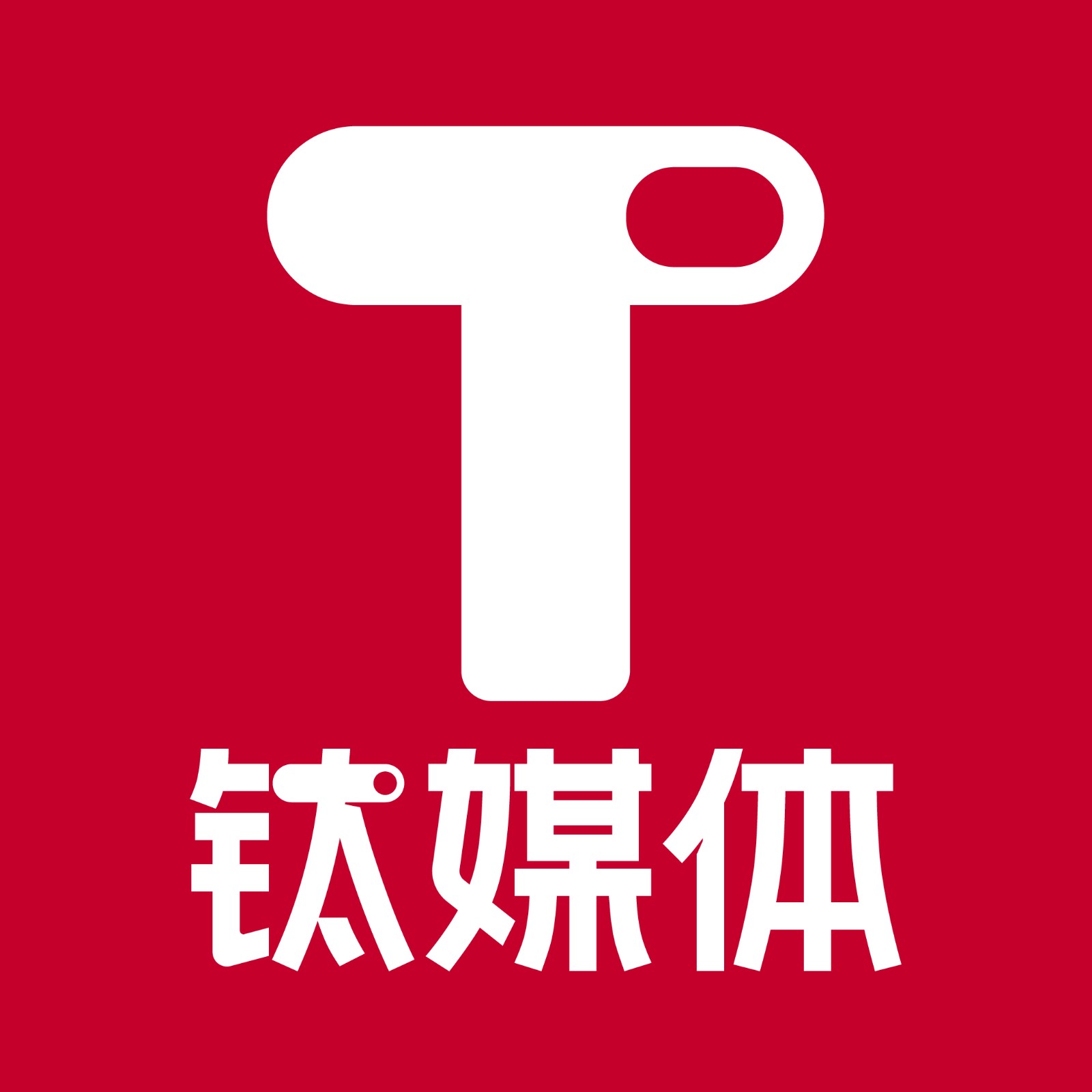
钛媒体 App
13965篇文章TA的动态
2022-09-14 钛媒体 App发布了 《星巴克加码中国市场,未来三年要新增开3000家门店|钛快讯》的文章
2022-08-11 钛媒体 App发布了 《白云山麾下公司虚抬药价“把戏”,被拆穿了》的文章
2022-07-06 钛媒体 App发布了 《为了帮00后卷王找到工作,简历修改师们拼了》的文章
2022-07-06 钛媒体 App发布了 《威尼斯向游客收“进城费”,国内城市如何借鉴?》的文章
2022-03-25 钛媒体 App发布了 《蔚来2021年财报发布:年营收361亿元,整车毛利率达到20.1%》的文章








